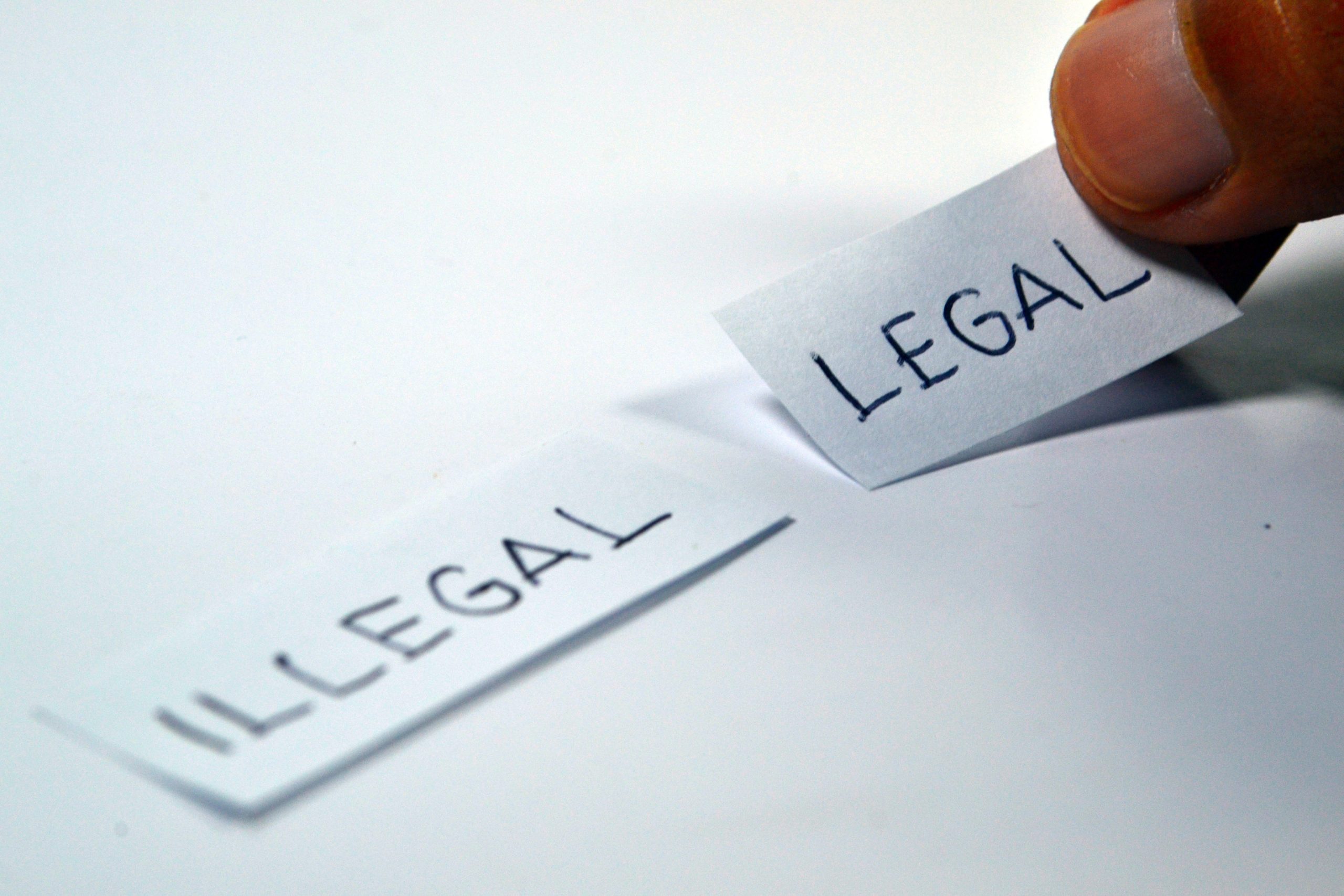On August 28, 2024, Seattle-based AI legal startup Supio announced the successful completion of a $25 million Series A funding round, led by Sapphire Ventures with participation from Bonfire Ventures and Foothill Ventures. Since its inception, Supio has raised a total of $33 million and plans to expand its customer base, scale its platform, and extend its services to other legal domains.
Founded in 2021 by former Microsoft engineers Jerry Zhou and Kyle Lam, Supio is an AI platform specifically designed for law firms to handle personal injury cases. The platform collaborates with top personal injury and mass tort plaintiff law firms, offering customized solutions and the necessary tools and resources. Over the past year, Supio has assisted mid-to-large law firms in successfully managing more than 3,000 cases.

What sets Supio apart is its use of generative AI to automate data collection and aggregation tasks for legal teams. Legal work is often labor-intensive and time-consuming, especially in personal injury cases, where thousands of documents must be compiled from multiple sources and analyzed for relevant information. Supio’s platform helps attorneys summarize, organize, and identify key elements within these documents, aiding in case outlines, drafting, and presentation.
Jerry Zhou stated that the inspiration for founding Supio came after he and Kyle Lam left their previous employer, Avalara. They wanted to build a business that could “help make sense of complex data and identify critical connections within specific datasets.” With Supio’s AI platform, law firms can handle large and complex cases more efficiently, bringing innovation to the legal industry.
Personal injury and mass tort cases often involve a large volume of documents, including medical records, police reports, insurance claims, financial statements, and consumer complaints.
Supio’s AI technology generates demand letters and supporting documents, while allowing users to search for evidence through a chatbot-like interface.
This approach is reminiscent of EvenUp, a startup that uses AI to generate legal documents for assessing injury cases, providing attorneys with evaluations and fair compensation suggestions for personal injury cases. EvenUp’s platform covers various types of injury cases, including car accidents, police brutality, abuse, and natural disasters.
Through a vast database and extensive training, AI can estimate reasonable compensation based on case details and optimize raw documents into medical summaries, providing legal professionals with efficient self-service solutions.
However, according to Jerry Zhou, Supio’s co-founder, Supio’s technological approach is more complex. “The law is extremely intricate and nuanced. Most productivity tools lack a true understanding of the legal documents that lawyers ultimately need to produce, which has largely hindered AI development. Supio can run hundreds of models simultaneously, each with different functions, to attempt to understand and classify documents.”
Addressing AI Legal Risks, Supio Uses Large Language Models for Data Construction
It’s important to note that the National Conference of Bar Examiners has pointed out that while AI can pass the bar exam, this does not mean it possesses the practical experience and skills gained through legal education.
Powerful AI tools like Supio do come with certain risks.
Late last year, the California State Bar issued guidance advising legal professionals to avoid inputting client information into AI tools that “lack reasonable or adequate security.”
In response, Zhou stated that Supio typically stores client data in its original jurisdiction and has security protocols that comply with privacy regulations such as HIPAA and GDPR.
Another concern with AI legal technology is the tendency of AI to produce false evidence.
Last year, two lawyers from the law firm Levidow, Levidow & Oberman attempted to use OpenAI’s ChatGPT to prepare a personal injury lawsuit against an airline.
The attempt proved disastrous, as ChatGPT fabricated citations, misidentified judges, and even mentioned a nonexistent airline. The federal judge overseeing the case ultimately fined the two lawyers and their employer $5,000.
According to Reuters, the judge stated in the sanction order that while using AI to “assist” was not “inherently improper,” the rules of legal ethics impose a gatekeeping role on lawyers to ensure the accuracy of the documents they submit.
In 2023, a district judge in Texas issued an order prohibiting the use of generative AI in drafting court documents without human fact-checking.
A recent survey of general counsel and senior legal officers at large companies revealed that 25% believe their external legal counsel should not use AI.
Another Reuters poll found that 1 in 5 law firms had issued warnings regarding the use of AI.
Zhou explained that unlike previous tools, Supio offers flexible software with AI capabilities that can organize unstructured data and produce reliable results.
In terms of AI performance, Supio uses large language models to build data in a closed and secure environment, achieving accuracy above human levels without hallucinations, meaning it never lies.
Supio Enhances Litigation Efficiency, Generative AI Investment in the Legal Industry Expected to Rise
According to Business Wire, TorHoerman Law recently represented the plaintiff in a landmark case against Abbott Labs, which ultimately led to a $495 million compensatory and punitive damages award against the healthcare company.
The case centered on Abbott Labs’ preterm infant formula, which was found to cause a dangerous and often fatal intestinal disease in preterm infants.
Tyler Schneider of TorHoerman Law said, “Supio played a critical role in helping our trial team prepare for and win the recent case against Abbott Labs, proving that their preterm infant formula caused this dangerous disease. Our case involved over 40,000 pages of medical records.”
Schneider noted that Supio’s rapid and accurate identification of key data greatly improved the litigation process. This case example demonstrates Supio’s efficiency and accuracy in handling large volumes of medical records and data.
Currently, Supio has partnered with approximately 30 personal injury and mass tort law firms and is expected to reach 100 by the end of this year. The startup’s annual recurring revenue has exceeded $1 million, with most income derived from subscription fees based on case volume.
Additionally, a survey by market research firm LexisNexis revealed that 90% of legal executives expect an increase in generative AI investments over the next five years, and 43% of companies now have budgets for generative AI.
Market research firm Gartner predicts that by 2027, the appeal of generative AI will drive the value of the legal tech market to $50 billion, nearly double the value in 2022 ($25.6 million).
Conclusion: Large Language Models Driving Efficient and Innovative Legal Services
In the legal field, the precise application of AI technology is a challenge. Supio’s innovative approach injects new vitality into AI in this domain. Supio’s large language model technology, with its precision, creates a new interactive platform for legal teams.
Moreover, Supio’s technology helps bridge the regional and economic gaps in legal services. By providing more accessible and affordable legal services, more people can access high-quality legal support, achieving greater equity in legal services.
As stated on Supio’s homepage, “Legal AI: Fighting for More Justice for Clients.”
According to Business Wire, Rajeev Dham, a partner at Sapphire Ventures and newly appointed board member of Supio, said, “While AI is ubiquitous now, truly AI-first companies are rare. From day one, Jerry and Kyle have taken a large language model-centered approach to the platform.”
As demonstrated in their recent work with TorHoerman, Supio is helping law firms and their clients create a level playing field in a meaningful way.
Rajeev Dham believes their SaaS solution has tremendous expansion potential, not only in personal injury and mass tort but also across all legal practices.
